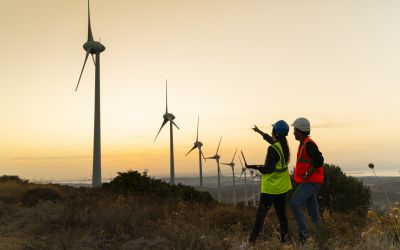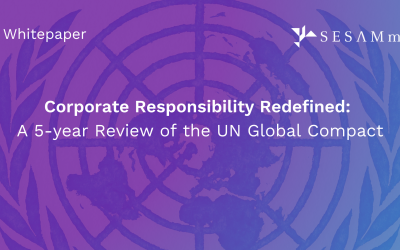Fossil fuel firms risk wasting US$2 trillion on uneconomic projects say Carbon Tracker Initiative
Think Tank Carbon Tracker Initiative have released a new report, “The $2 trillion stranded assets danger zone: How fossil fuel firms risk destroying investor returns”, that maps out how a coal, oil and gas supply makes neither financial nor climate sense

Think Tank Carbon Tracker Initiative have released a new report, “The $2 trillion stranded assets danger zone: How fossil fuel firms risk destroying investor returns”, that maps out how a coal, oil and gas supply makes neither financial nor climate sense in a 2˚C world.
According to the report, governments and companies must align plans with the energy transition underway to deliver a low-carbon future.
Fossil fuel companies risk wasting up to US$2.2 trillion in the next decade, threatening substantially lower investor returns, by pursuing projects that could be uneconomic in the face of a perfect storm of factors including international action to limit climate change to 2˚C and rapid advances in clean technologies, the think tank has warned.
No new coal mines will be needed, oil demand will peak around 2020, and growth in gas will disappoint industry expectations, it finds in a new report highlighting the danger zone between industry business-as-usual strategies and action that would be needed to meet the UN commitment to limit climate change to 2˚C.
“If the industry misreads future demand by underestimating technology and policy advances, this can lead to an excess of supply and create stranded assets,” says the report.
“This is where shareholders should be concerned – if companies are committing to future production which may never generate the returns expected.”
James Leaton, head of research and co-author of the report, said: “Too few energy companies recognise that they will need to reduce supply of their carbon-intensive products to avoid pushing us beyond the internationally recognised carbon budget.
“Clean technology and climate policy are already reducing fossil fuel demand – misreading these trends will destroy shareholder value. Companies need to apply 2˚C stress tests to their business models now.”
The US has the greatest financial exposure with US$412 billion of unneeded fossil fuel projects to 2025 at risk of becoming stranded assets, followed by Canada (US$220bln), China (US$179bln), Russia (USA$147bln) and Australia (US$103bln).
The companies that represent the biggest risk in a demand misread to the climate and shareholders alike in the next decade are a mix of state and listed companies, including oil majors Royal Dutch Shell, Pemex, Exxon Mobil, and coal miners Peabody, Coal India, and Glencore.
Around 20-25% of oil and gas majors’ potential investment is on projects that will not be needed in a 2˚C scenario, and cancelling them would mean going ex-growth.
Sponsored Content
The report looks at production to 2035 and capital investment to 2025. It warns that energy companies must avoid projects that would generate 156 billion tons of carbon dioxide (156Gt CO2), in order to be consistent with the carbon budget in the International Energy Agency’s 450 demand scenario, which sets out an energy pathway with a 50% chance of meeting the UN 2⁰C climate change target.
Mark Fulton, advisor to Carbon Tracker, former head of research at Deutsche Bank Climate Change Advisors, and co-author of the report, said: “Our work shows thermal coal has the most significant overhang of unneeded supply in terms of carbon of all fossil fuels on any scenario. No new mines are needed globally in a 2˚C world.”
Carbon Tracker warned last month that big energy companies are ignoring rapid advances in clean technologies which threaten to undermine their business models, such as renewables, battery storage and electric cars, in a report title Lost in transition: How the energy sector is missing potential demand destruction.
The report challenged nine business as usual assumptions made by the industry to argue that coal, oil and gas will all continue to grow in the next decades.
Anthony Hobley, CEO of Carbon Tracker, said: “Business history is littered with examples of incumbents who fail to see the transition coming. Fossil fuel incumbents seem intent on wasting capital trying to hold onto growth by doing what they have always done rather than embracing the energy transition and preserving value by adopting an ex-growth strategy. Our report offers these companies both a warning and a strategy for avoiding significant value destruction.”
The report will be available for download at http://www.carbontracker.org/report/stranded-assets-danger-zone/.
For further information please contact Stefano Ambrogi at sambrogi@carbontracker.org (+44 7557 916940) or David Mason at david.mason@greenhousepr.co.uk (+44 7799 072320).
More information on Carbon Tracker Initiative can be found at www.carbontracker.org.



_400_250_80_s_c1.jpg)


